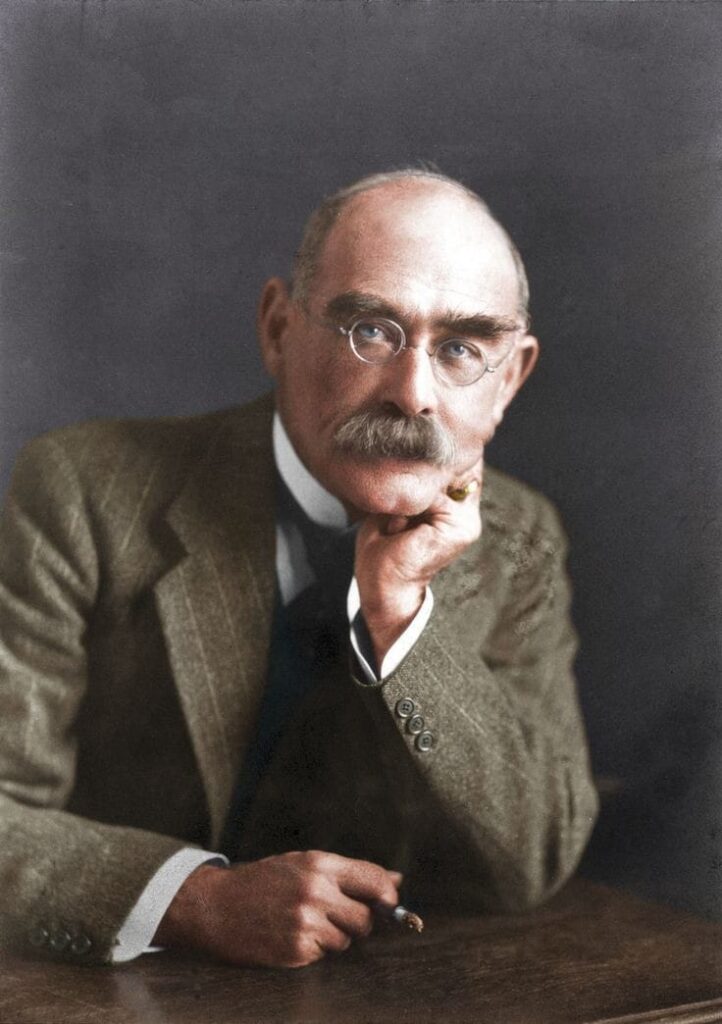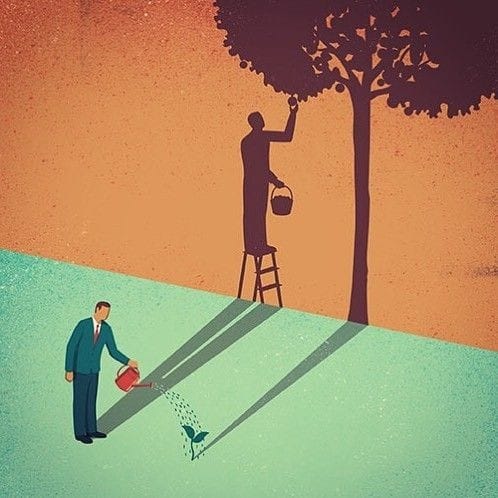In the intricate tapestry of life, every thread represents a chapter, an event, or an opportunity to embark on a new journey. The theme of “New Beginnings” resonates universally, encapsulating hope, transformation, and the courage to forge ahead. Rudyard Kipling’s timeless poem “If” offers profound wisdom on navigating life’s challenges, embodying the essence of resilience and personal growth—indispensable components of any fresh start.

Kipling’s “If” is often celebrated as a guide to virtuous living. Through its eloquent stanzas, the poet imparts lessons on perseverance, composure, and moral fortitude. These qualities transcend abstract ideals and are critical for embracing new beginnings. Each stanza of the poem underscores attributes that align with the struggles and triumphs of starting afresh, whether on a personal, professional, or societal level.
The Foundation of Resilience
The opening lines of Kipling’s poem encapsulate a profound truth: “If you can keep your head when all about you / Are losing theirs and blaming it on you.” These words emphasize the importance of maintaining composure in the face of adversity. New beginnings often emerge from the ashes of failure, disappointment, or unforeseen challenges, much like the mythical phoenix that rises from its own ashes, embodying renewal and the promise of transformation.

Take, for instance, a professional who has experienced job loss. The initial despair can be overwhelming, but by adopting the mindset Kipling advocates, one can approach this turning point with clarity and determination. Instead of succumbing to fear, this individual can channel their energy into upskilling, networking, and exploring new opportunities—an embodiment of resilience leading to a meaningful new chapter.
Embracing Risk and Uncertainty
Kipling’s line, “If you can trust yourself when all men doubt you, / But make allowance for their doubting too,” speaks to the delicate balance between self-confidence and humility. Starting anew often involves venturing into the unknown, be it pursuing a passion, relocating to a new city, or building relationships. Trusting oneself while remaining open to constructive criticism allows individuals to navigate uncharted territory with grace.
Risk and uncertainty are integral to any significant change.
Consider entrepreneurs who embark on the journey of establishing a startup. Their path is fraught with challenges—financial instability, market unpredictability, and the weight of expectations. Kipling’s wisdom inspires them to trust their vision while staying adaptable, a combination that fuels progress and innovation.
The Virtue of Patience
“If you can wait and not be tired by waiting” highlights patience as a virtue central to any new beginning. Modern society often glorifies instant results, but meaningful growth and transformation require time. Whether it is healing from a personal loss or mastering a new skill, the journey demands perseverance.

One poignant example lies in the realm of education. A student striving to excel academically must endure years of diligent effort. The fruits of their labour—knowledge, confidence, and opportunities—are not immediate but are deeply rewarding. Kipling’s reminder to embrace patience encourages individuals to stay the course, trusting the process and their potential.
Triumph Over Adversity
Kipling’s stanza, “If you can meet with Triumph and Disaster / And treat those two impostors just the same,” is a timeless lesson in equanimity. Life’s journey is marked by highs and lows, victories and setbacks. Embracing new beginnings requires acknowledging this duality and maintaining a balanced perspective.
Also Read: 10 Things to Think about at New Year’s Eve Party
This idea resonates deeply with athletes who train relentlessly for competitions. A victory is celebrated, but it is not the end—only a step in their journey. Similarly, a loss, though disheartening, becomes an opportunity to learn and grow. Kipling’s philosophy urges individuals to view both success and failure as transient, empowering them to keep striving regardless of circumstances.
The Role of Integrity and Empathy
New beginnings are not solely about personal gain; they also involve contributing positively to the lives of others. Kipling’s lines, “If you can talk with crowds and keep your virtue, / Or walk with Kings—nor lose the common touch,” advocate for integrity and empathy. These qualities are pivotal in fostering meaningful connections and building inclusive communities.

Consider leaders who inspire change—whether in corporate settings, social movements, or government. Their ability to remain grounded while wielding influence enables them to unite diverse groups and address pressing issues. Kipling’s emphasis on virtue and humility serves as a reminder that genuine leadership stems from understanding and uplifting others.
Rebuilding After Loss
Loss, whether personal or collective, often necessitates a fresh start. Kipling’s line, “If you can force your heart and nerve and sinew / To serve your turn long after they are gone,” captures the essence of resilience in the face of grief. Rebuilding one’s life after losing a loved one, enduring a natural disaster, or facing societal upheaval requires immense strength.

History offers countless examples of communities that have risen from adversity. Post-war reconstruction efforts, such as those in Japan after World War II, demonstrate humanity’s capacity to rebuild and innovate. Individuals, too, find ways to honour their losses while embracing new possibilities, embodying Kipling’s message of perseverance.
Cultivating Self-Discipline
“If you can fill the unforgiving minute / With sixty seconds’ worth of distance run” underscores the value of making the most of every moment. New beginnings demand self-discipline and a proactive mindset. Whether it is adopting healthier habits, pursuing creative endeavours, or striving for career growth, success stems from consistent effort.

The pursuit of self-discipline is evident in artists who dedicate themselves to their craft. Their mastery is not achieved overnight but through years of practice and unwavering commitment. Kipling’s call to seize each moment resonates with anyone seeking to maximize their potential.
The Collective Aspect of New Beginnings
While Kipling’s “If” primarily addresses individual growth, its principles are equally applicable to collective endeavours. Societies embarking on transformative journeys—such as environmental sustainability, technological innovation, or social justice—require the same resilience, patience, and integrity.

For example, global efforts to combat climate change hinge on collective action and shared responsibility. Communities, governments, and organizations must embrace new approaches to resource management and environmental stewardship. Kipling’s insights serve as a moral compass, guiding humanity toward a sustainable and equitable future.
The Promise of Renewal
“If” concludes with the powerful assertion, “Yours is the Earth and everything that’s in it, / And—which is more—you’ll be a Man, my son!” This ultimate reward underscores the transformative power of resilience, integrity, and perseverance. Kipling’s wisdom transcends time and context, offering a blueprint for navigating the complexities of life.
New beginnings are not merely opportunities for change; they are acts of courage and hope.
They require individuals to draw upon their inner strength, embrace uncertainty, and remain steadfast in their pursuits. Whether inspired by Kipling’s poetic guidance or driven by personal aspirations, the journey of starting anew is a testament to the human spirit’s boundless potential. In every challenge lies the seed of transformation, and in every ending, the promise of a new beginning.
Image Courtesy: Pinterest
An Assistant Professor of English and an internationally awarded debater and writer, Ayushee finds her creative conduit in public speaking and writing. Her areas of interest include Cultural Studies, Greek Mythology, Eco-feminism, and Literature of the Subaltern. She rejuvenates by spending time in nature and reading.








